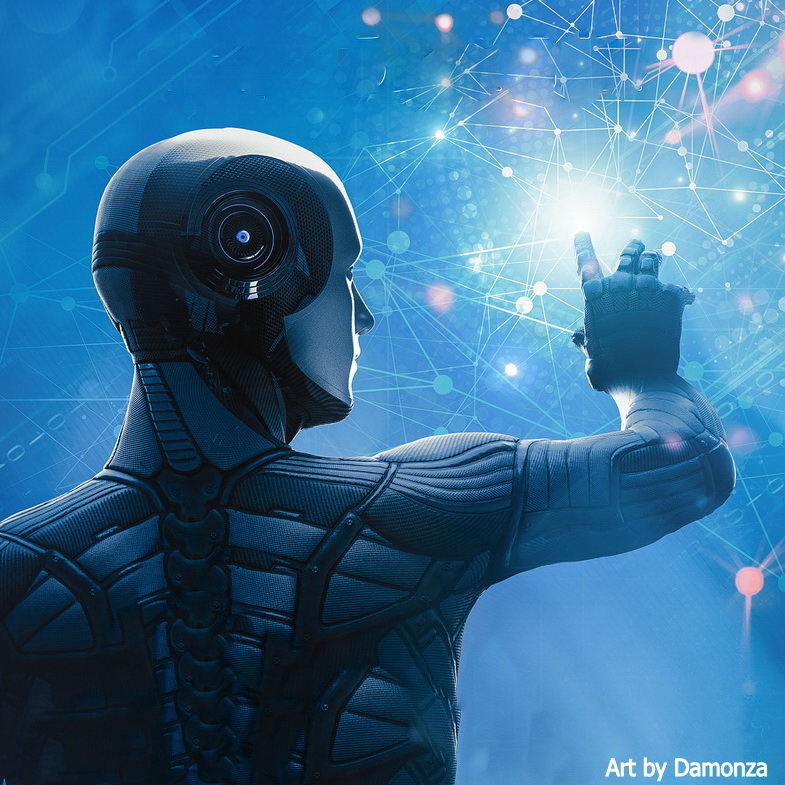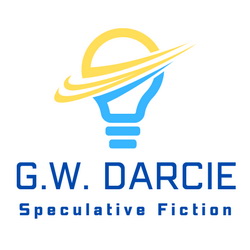
I know what you’re thinking. (Of course I really don’t, but let’s not burst that bubble just now.)
You think I’m talking about the science of gears and wires and stuff, you know, what robots are made from. Sorry, I know diddly about all that. No, I’m talking about the newest star in the science world, brain science.
It’s not rocket science. No, it’s profoundly harder. It’s deep science. Rocket science is actually a branch of aerospace engineering, and all rocket science problems can be solved with math. It’s no biggie. (Okay, so if you don’t know any math, it’s going to be hard.)
My point here, is that rocket science is grade-school stuff compared to brain science. And before you go getting all starry-eyed, no, I know diddly about brain science, too. So why and I talking about it?
Because maybe you’re one of the unique few who finds this stuff interesting. I know I sure do. Personally, I’ve always felt a sense of awe when learning about how my brain works. In an intimate sense, brain science is about our very selves and how we work; it’s about you, about me.
How does your brain make you you? How does it generate the experience that you live every moment? The questions are so unfathomable that most dare not dwell on them. For many, the questions would never occur to them. Our experience is just what it is. Few wonder why. Fewer still wonder how.
For brain scientists, these questions are their bread and butter. (Sorry, that’s an elder expression, meaning their basic diet, their main focus, their – I don’t know, how would you say it?)
I’m talking brain science because of robots! Robots need AI if they are to function autonomously, and current AI is woefully inadequate. So how do we build an AI that is functionally equivalent to the human brain?
We’re clever monkeys. We imitate. The most successful intelligent machine we know of is the human brain. (Biomechanism, I should have said, not machine. You caught that, right?) All we have to do is imitate that.
And therein lies the problem. If only it were just rocket science.
But we’re making progress. Neuroscience and AI go hand in hand. Each supports and benefits from the other. We learn about our own brains through our attempts to imitate them. The more we learn, the better our imitations become. If we continue down this path, it is inevitable that we will eventually succeed. What happens then?
Let the speculation begin!
Oh, it’s already begun? In Book 1 of the Guardian Android series, you mean? In Synthient Skin? Okay, I see your point.
But I’d love to hear what you wonder about your own brain, wondrous as it is. What do you notice about your inner experience that fascinates you? What mysteries do you think are unsolvable?
